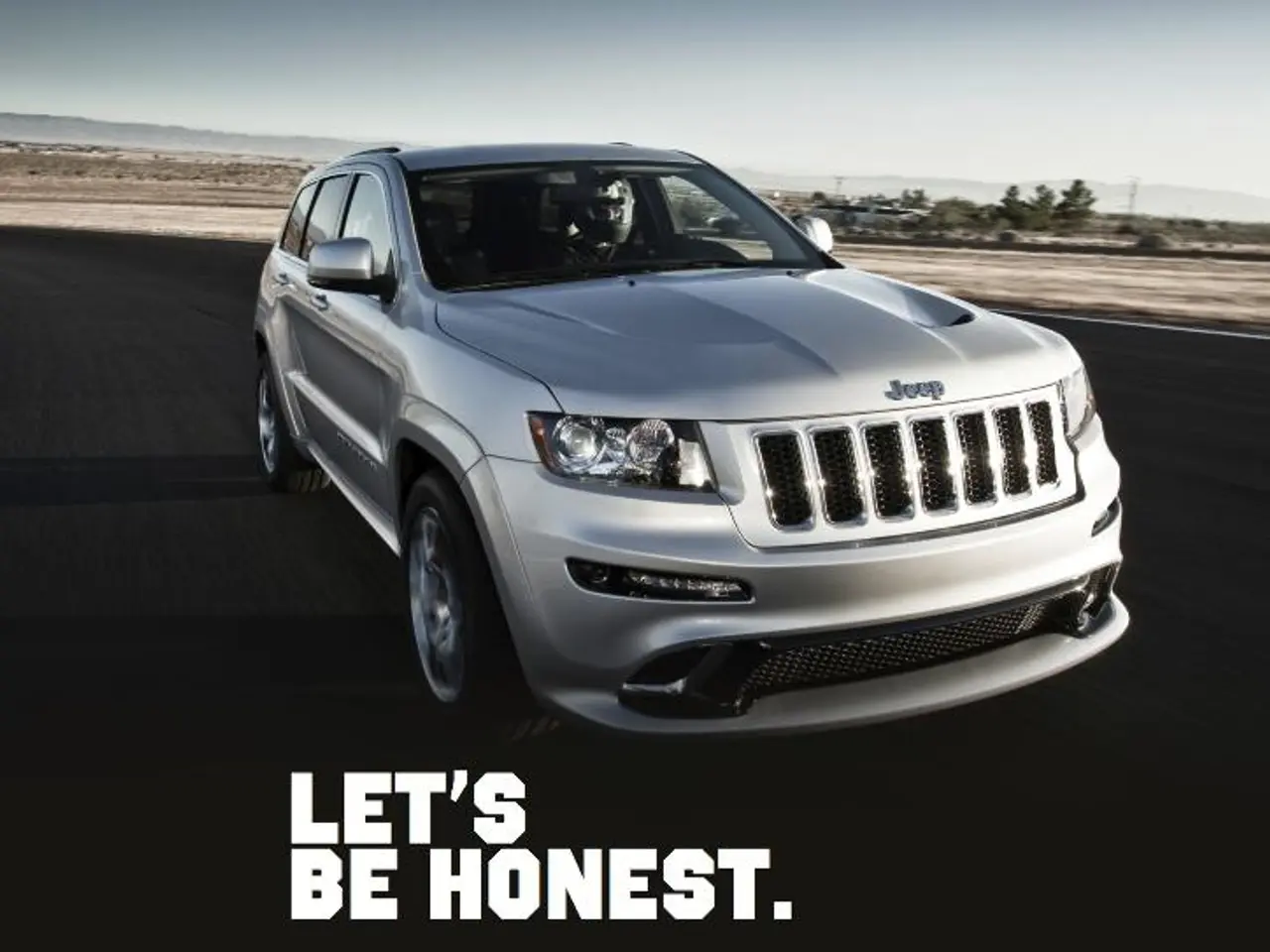Upon Negotiation with Trump: European Union to Grant Duty-Free Status for American Automobiles
New EU-US Trade Deal Sets 15% Tariff on European Car Imports
A new trade deal between the European Union (EU) and the United States has been agreed upon, setting a 15% tariff on imported European cars, down from a previous or potential higher rate [1][2]. This deal, which affects multiple sectors such as pharmaceuticals and semiconductors, also includes commitments by the EU to invest billions in the United States [2].
The deal is seen as a temporary relief but raises concerns about longer-term problems, particularly for the EU. It is considered a political win for the U.S., but a setback for the EU, causing worries about economic inefficiency and dependence on the U.S. market [1]. The EU faces pressure to offset losses caused by these U.S. tariffs, but doing so risks shifting costs from American consumers to European taxpayers [1].
The deal underscores the need for the EU to rethink its trade strategy with the U.S., focusing on diversification and internal coordination to avoid vulnerability to future shifts in American trade policy, which can be volatile and politically driven [1].
Key Points of the Deal
- Tariff on EU cars: Set at 15%
- Other affected sectors: Pharmaceuticals, semiconductors, and more
- EU commitments: Billions in investments in the U.S.
- Political impact: Seen as a U.S. political victory, EU losing leverage
- Economic concerns: Temporary relief but potential long-term challenges
- Strategic implications: EU urged to diversify trade partnerships and reduce dependence on U.S.
The current US tariff on car imports from the EU is 27.5%. However, this will change under the new deal, with American cars soon to be imported into the European Union without tariffs, according to a Brussels official [1]. The EU has been charging a 10% tariff on car imports from the US, but this will change. Before Trump took office, the tariff rate for car imports from the US to the EU was just 2.5% [1].
The trade deal was agreed upon during a meeting between EU Commission President Ursula von der Leyen and US President Trump at a golf hotel in Turnberry, Scotland [1]. The EU official stated that they are "ready to go to zero" in terms of tariffs [1]. However, the Federation of German Industries (BDI) noted that a 15% tariff would have significant negative impacts on the export-oriented German industry [1].
The European automotive industry will face stronger competition from US manufacturers due to the trade deal. The EU has promised to reduce the tariff on car imports from the US to 15%, contingent upon the US reducing its own tariffs [2]. A limited number of goods will be exempt from import duties in the future, including aircraft, certain chemicals, agricultural products, and critical raw materials [2].
The deal comes amidst concerns about its long-term implications, particularly for the EU. The EU is urged to diversify its trade partnerships and reduce dependence on the U.S. market to avoid vulnerability to future shifts in American trade policy [1].
References
[1] BBC News. (2019, July 22). EU-US trade deal: What's in the agreement? Retrieved from https://www.bbc.com/news/business-49066151
[2] The Guardian. (2019, July 22). EU and US reach agreement on trade deal, with Donald Trump hailing it as a 'great deal' for both sides. Retrieved from https://www.theguardian.com/business/2019/jul/22/eu-us-trade-deal-donald-trump-ursula-von-der-leyen-scotland
- Concerns about the EU's future trade strategies also extend to other sectors, such as finance and business, as the new US-EU trade deal could impact investment opportunities in the general-news landscape.
- The impact of the new US-EU trade deal on the auto industry could ripple into the politics sphere, as countries may need to reconsider their partnerships and negotiate more favorable terms in future trade agreements.




